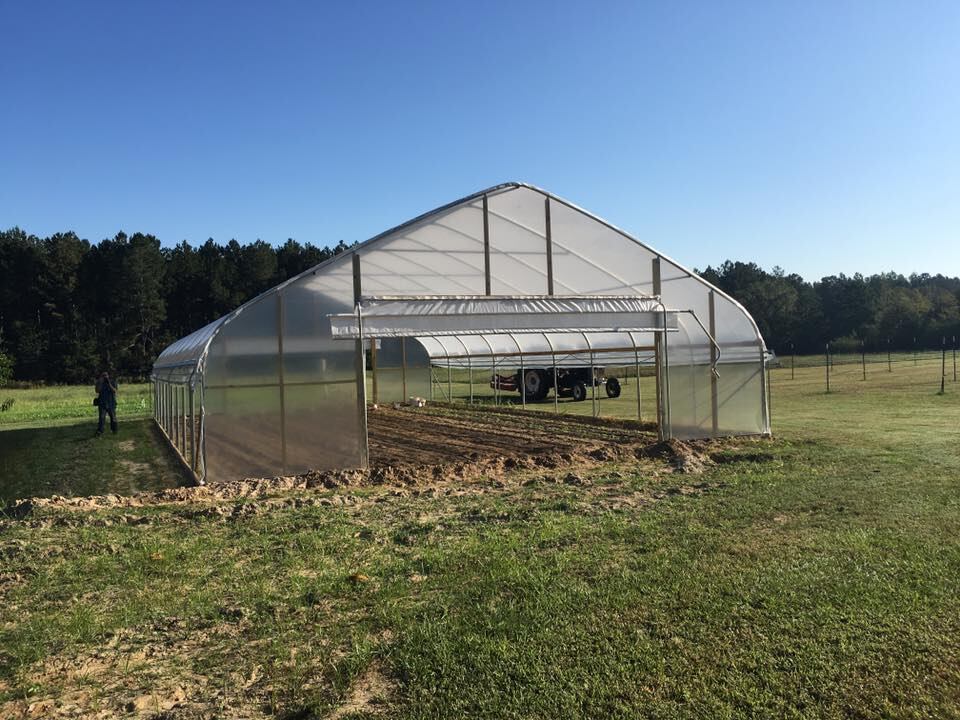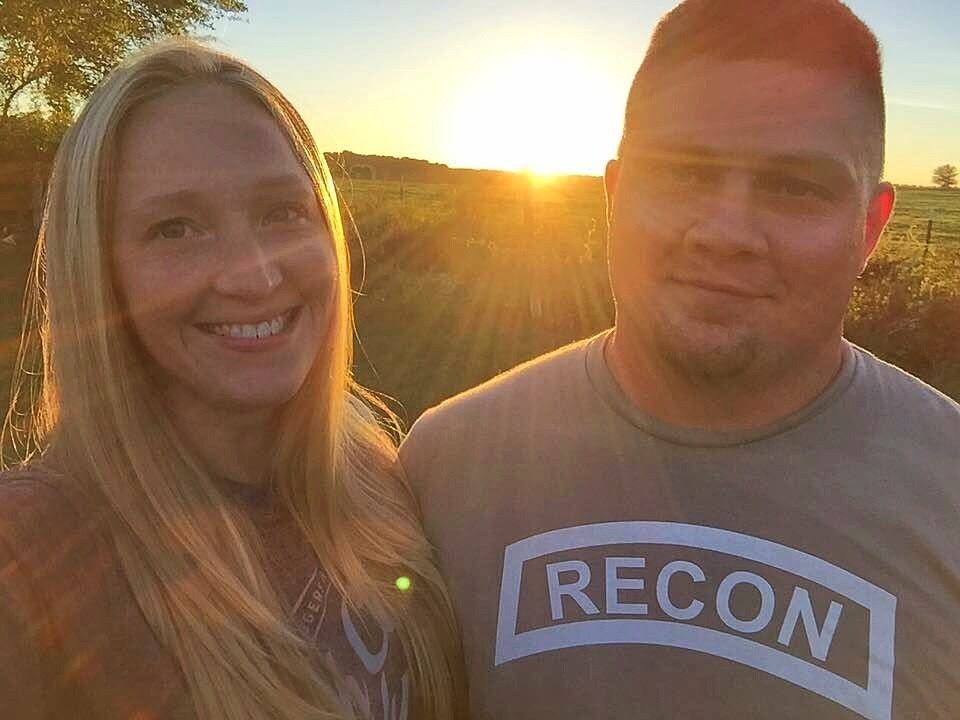Five years after returning home from Iraq with what he now realizes was a “textbook case” of post-traumatic stress disorder, Chris Dorsey was on the floor of his bathroom with a pistol in his mouth.
“I felt like I was this tiny little speck of dust in the universe and nobody cared,” he said in a recent interview.
If not for his dogs in the next room, Dorsey said, he would’ve taken his own life.
Instead, he bounced back from that low point. And now, the 36-year-old Army veteran has started a nonprofit inspired by his own life experiences — struggles with loneliness after the military, suicidal thoughts and the passion that helped him recover: gardening.
With six acres of farmland in rural north Georgia, Dorsey hopes to show veterans from across the country that they’re not alone.
“When you get out of the military, no matter what branch of service it is, you just left ultimate trust,” Dorsey said. “Your brother, your sister — you’re willing to die for them. You miss it. You search for it constantly. The only place you ever find it is when you’re around other veterans.”
Warrior Farms, a project that grew out of a previous nonprofit started by Dorsey, helps create and nurture such connections among vets. Since breaking ground last February, the farm has hosted more than 200 veterans. Some help Dorsey farm the land and take care of the large assortment of plants and animals that live there. Others participate in music, drum or animal therapy.
Dorsey’s work has a dual purpose: offering veterans a place to heal through farming and camaraderie, as well as helping veterans start farms of their own.
Since founding the nonprofit in 2016, Dorsey has worked with about 60 veterans ― across the Southeast and as far north as Wisconsin ― who are interested in starting or improving their farms, he said. The organization has also partnered with the University of Georgia, where Dorsey works part-time as a veterans relations coordinator, to offer free workshops on food safety for veterans. These began as part of a larger collaboration with the U.S. Department of Agriculture.
“The great thing about Warrior Farms is we’re just starting out, so everything can be used as an educational tool to teach new farmers how to start,” Dorsey said.
It’s an area of particular interest to the USDA, which offers a number of incentives to veterans seeking new careers in agriculture. Since 2009, the USDA’s Farm Service Agency has allocated 11,680 loans to veterans at $1.4 billion, according to information provided by USDA.

Nearly half of transitioning service members are from rural America, and rural economies depend on them returning to those areas, said Mike Alston, USDA’s military veterans agricultural liaison.
“The average age of the American farmer is about 58 or 59 years old, so we know that we need a new generation of farmers to come in and help feed America and feed the world,” Alston said.
Dorsey inherited a green thumb from his great-grandmother, whose farm he worked on every summer as a kid. But he never considered farming as a career until after his suicide attempt, when he realized that working in his garden had been part of his healing process.
“I can go out there, watch something produce. It gives you a sense of accomplishment,” he said.
Bill Field, national project director for the nonprofit AgrAbility, has decades of experience working with disabled veterans and others. He has seen countless clients — whose disabilities range from missing limbs to traumatic brain injuries — come to the same realization as Dorsey.
“I’ve been doing this for 40 years, and I’m a big believer that agricultural enterprises are just about as therapeutic as any psychologist you’re ever going to find,” said Field, who conducts workshops for disabled farmers all over the country and is also an agriculture professor at Purdue University in Indiana.
“I’ve seen this over and over, where people just begin to get involved in gardening, raising things, having animals or chickens. It gives them a reason to get up, take care of their animals.”
Field said there has been a rise in using gardening, horticulture and related enterprises as therapy for returning veterans — along with a growing interest in making farming opportunities available to more people as consumers look to local produce.
Back in Georgia, Dorsey has dreams of renovating an old house on the property and making Warrior Farms a place for veterans to reside — perhaps as part of an official rehabilitation program and treatment center down the road.
But for now, he’s focusing on fostering an atmosphere on the farm that he hopes will ultimately help veterans better cope with health issues and their transitions out of the military.
“I think the key is the trust issues,” he said. “Once we build that trust again … if they want to get into agriculture — awesome.”
Military Times contributor and former reporter Natalie Gross hosts the Spouse Angle podcast. She grew up in a military family and has a master's degree in journalism from Georgetown University.





